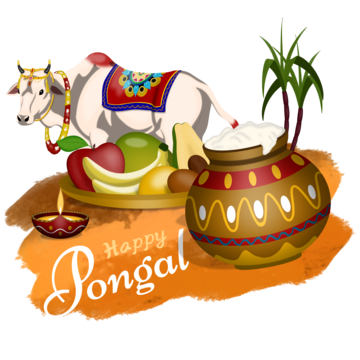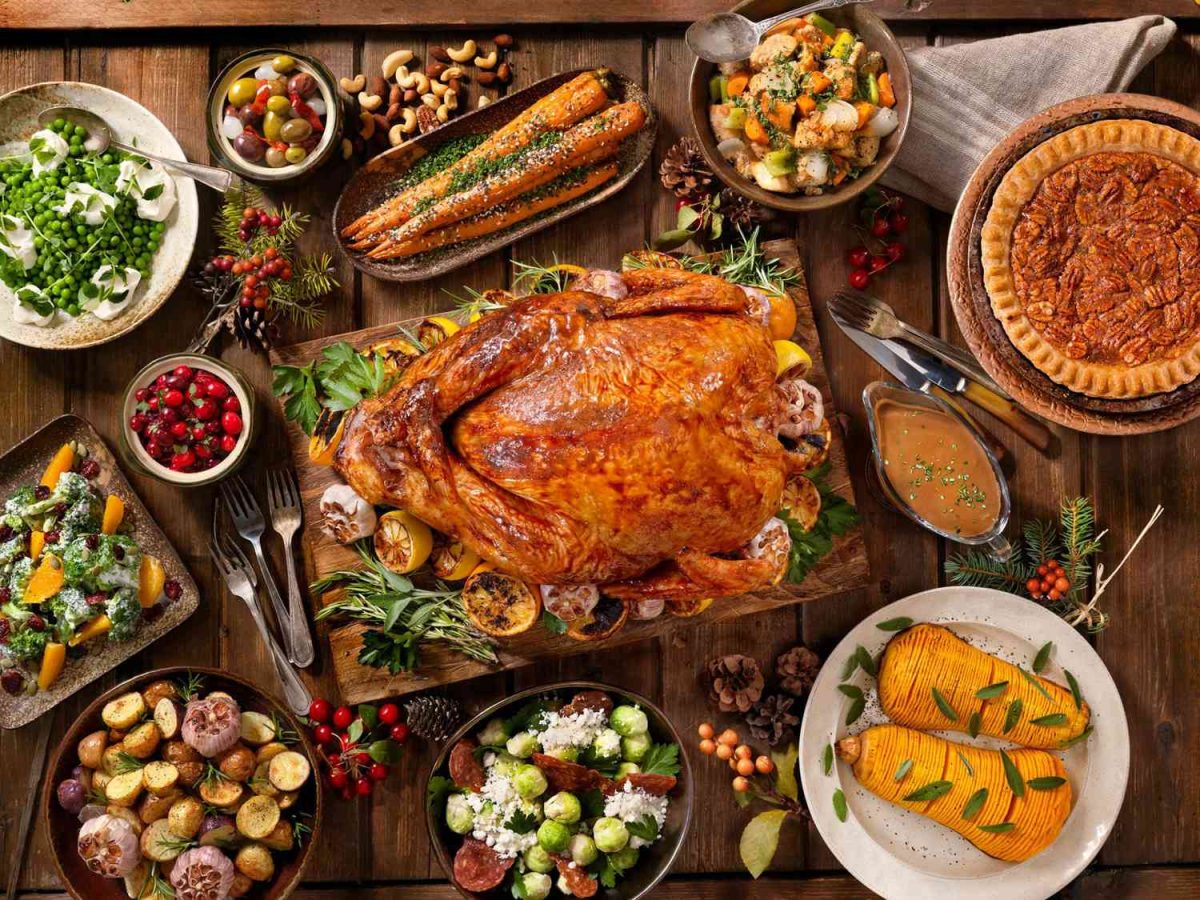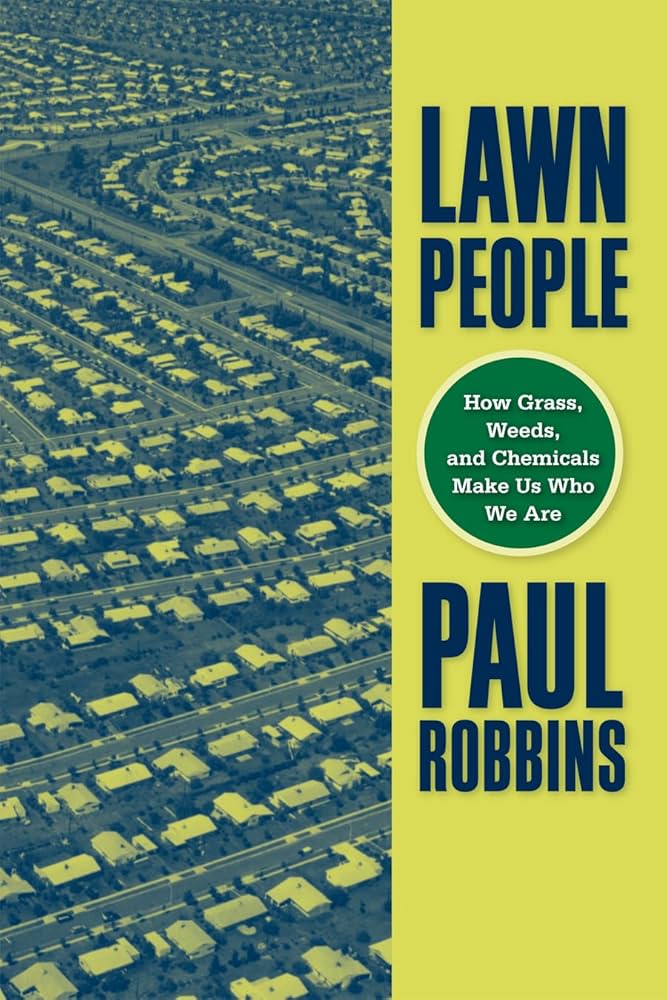Pongal is a harvest festival celebrated by the Tamil community. It is a celebration to thank the Sun, Mother Nature, and various farm animals that help contribute to a bountiful harvest. Celebrated over four days, Pongal also marks the beginning of the Tamil month called Thai, which is considered an auspicious month. It usually falls on the 14th or 15th of January each year. Pongal is also the name of the dish made and eaten during this festival. It is a mixture of boiled sweet rice. It is derived from the Tamil word pongu, which means “to boil over”.
The festival’s most significant practice is the preparation of the traditional “Pongal” dish. It utilizes freshly harvested rice and is prepared by boiling it in milk and jaggery (raw cane sugar). Additional ingredients such as cardamom, raisins, and cashews can also be added. The cooking is done in sunlight and made in a clay pot that is often garlanded with flowers. The dish and the process of its preparation is a part of the symbolism, both conceptually and materially. The blessing of abundance by Goddess Pongal (Uma, Parvati) is symbolically marked by the dish boiling over.
The first day of Pongal is called Bhogi. It is a day where cleaning and discarding of old belongings are carried out to signify a fresh start. New clothes are worn, houses are decorated in the spirit of the festivity. Prayers are offered to Indra, the god of rains, with thanks and hopes for plentiful rains in the year ahead.
Surya Pongal or Perum Pongal is the second and main festive day and is dedicated to the sun god Surya. This day is celebrated with family and friends, with the Pongal dish prepared in a traditional clay pot in the view of the sun. This pot is typically decorated by tying a turmeric plant or flower garland, and near the cooking stove are placed two or more fresh sugarcane stalks. As the milk boils freely over the pot, family members shout out happily “Pongalo Pongal”! After the Pongal is offered to the Sun God, they would feast on several Pongal dishes that are prepared especially for the day.
The third day of Pongal is called Maatu Pongal. This day is devoted to honor and worship the cattle (Maatu) to remember the work they do – ploughing the land. Cows are bathed and adorned with multi-colored beads, flowers garlands, and bells. This day also marks the ritual visit to nearby temples and prayers there.
Kanum Pongal is the fourth day of the festival and marks the end of the celebration. The word “kanum” in this context means “to visit”. On this day, importance is given to the community and to strengthen ties. Families gather together to have a special meal. Younger members seek the blessings of the older members of their families. It is also a day for traditional Indian folk dances such as mayilattam and kolattam.
The four-day long harvest festival Pongal holds a great value for the people of Tamil Nadu and traditionally it is a day to thank and appreciate the Sun God for helping in growing crops by providing energy for its growth. It is a celebration of prosperity, and the sun is worshiped as the life force behind all creation. Filled with love and celebration, Pongal is an important festival in Tamil Nadu’s Culture.






